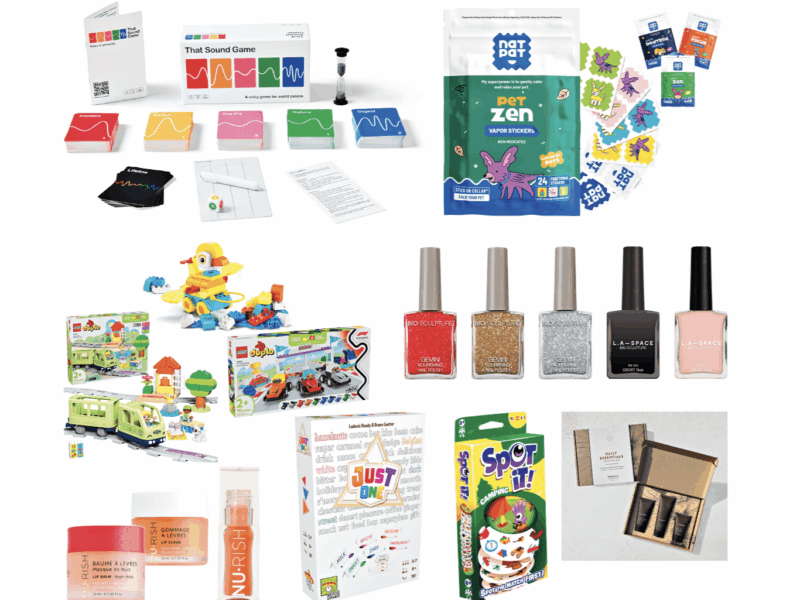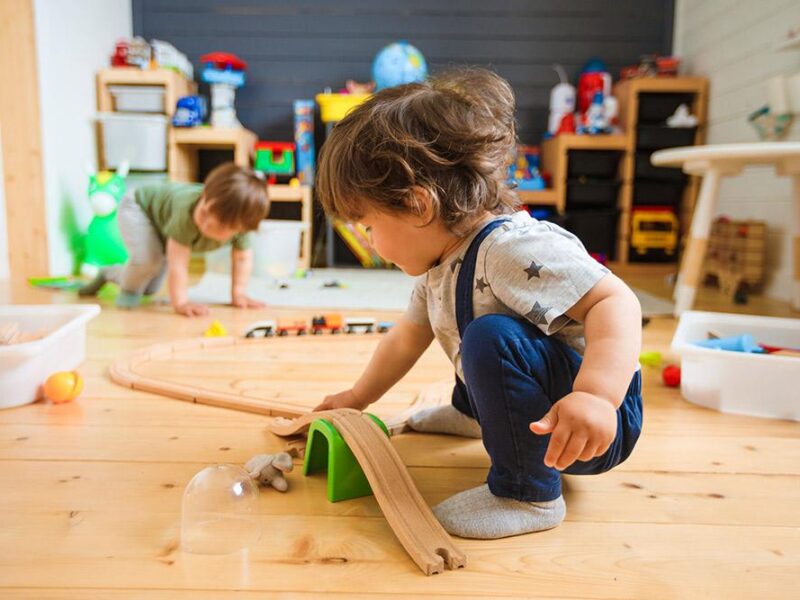Give them the good stuff
Not all parents might care, I know. The trouble is that I’m not just a parent. I’m also a writer, a music lover, and a film buff. I read, write, publish, teach, and promote books. Over the years I’ve taught documentary film, worked for a film festival, and run film nights out of my house. I listen to a wide range of musical genres very intentionally, from classical through experimental metal, with stops along the way in jazz, blues, folk, and so forth.
So I do care. I care a lot, not just about the moral content of what my kids read and watch and hear, but also about the aesthetic value. It matters to me that they read more than pre-fabricated, based-on-tv-show books. It matters to me that they watch more than cynically formulaic movies. It matters to me that they listen to more than the same 10 pop songs that are on the radio on any given day.
I hear other parents say, “Well, as long as they’re reading, I don’t care what they read,” and I buy that to a certain extent. It’s true that kids need to start reading somewhere and that just holding their interest is important at that stage – I get it. It’s also true that reading crappily entertaining books isn’t always a bad thing – sometimes our brains do need a vacation. I’ll cheerfully confess that my first reading was largely Hardy Boys novels and trash fantasy. More recently, I read all the Game of Thrones books, and I read most of the Harry Potter books with my kids as well.
The problem isn’t that we read these kinds of books sometimes. The problem is that we seldom read anything much better. Whatever reading habits are like in your particular house, sales figures show us pretty clearly that our culture as a whole doesn’t read much that makes us think very hard or very differently. And this goes for film and music and art as well. We just want a good story, a good beat. We just want something we can veg out to, something we can sing along with. Anything that disrupts our easy expectations feels too hard. We’d rather not bother.
The problem with this is that we miss out on the very real benefits of engaging with and creating art. When people spend time responding to art, when they spend time making art, it relieves stress, increases creative thinking, boosts self-esteem, increases brain plasticity, promotes life long learning, encourages empathy, stimulates critical thinking, fosters political engagement, and so on. There are also tremendous benefits in everything from community building, to interpersonal skills, to mental health.
These are the kinds of benefits that we deprive our kids of when we let them engage only with the pop culture of books, film, music, and art. We need to give them more, first by modelling it ourselves. Let them see you reading a thought- provoking book, watching a challenging film, listening to something musically complex. Talk to them about it, about what it made you think and feel. Let them see you making art too, whether it be picking away at a guitar or writing stories for them or making crafts in the basement.
Then give them opportunities to participate in art themselves. I don’t mean enrol them in some course or another (though that’s fine too). I mean recommend good age appropriate books and films and music. Read and watch and listen with them. Talk about it with them. Help them start doing that stuff themselves. Let them play drums on the pots or practise guitar in the garage. Let them write stories about their world and poems for their boyfriends. Let them act out puppet shows in the living room or shoot short films on their phones. Let them make forts out of cardboard boxes and paint murals on their walls.
It might feel loud and messy and uncomfortable sometimes (because it will certainly be all those things). It might feel like all that stuff ends up raising tough questions sometimes (because it will certainly do that too). The benefits, though, will be worth it.





